God of War Ragnarok is a towering achievement for Santa Monica Studio. Completing the arc started in 2018’s God of War reboot, Ragnarok builds upon the high production value, nuanced storytelling, and hard-hitting combat established in the former, making it a worthy second chapter that has whetted player expectations for the next one.
To the surprise of many, God of War Ragnarok‘s story was completed through the release of the Valhalla DLC, a free expansion released in December 2023, over a year after the base game’s launch. With a $0 price tag and a reveal just days before being made available, Valhalla didn’t inspire too much hype: most received it as a nice bonus to the core experience, but not a must-play. This assessment couldn’t have been further from the truth, as audiences quickly learned that Valhalla offers not only a unique spin on the God of War combat sandbox, but also serves as something of an epilogue to the main story, wrapping up Kratos’ character arc in a poignant and satisfying manner. Indeed, no playthrough of God of War Ragnarok is complete without Valhalla, and future games in the series may want to follow suit.
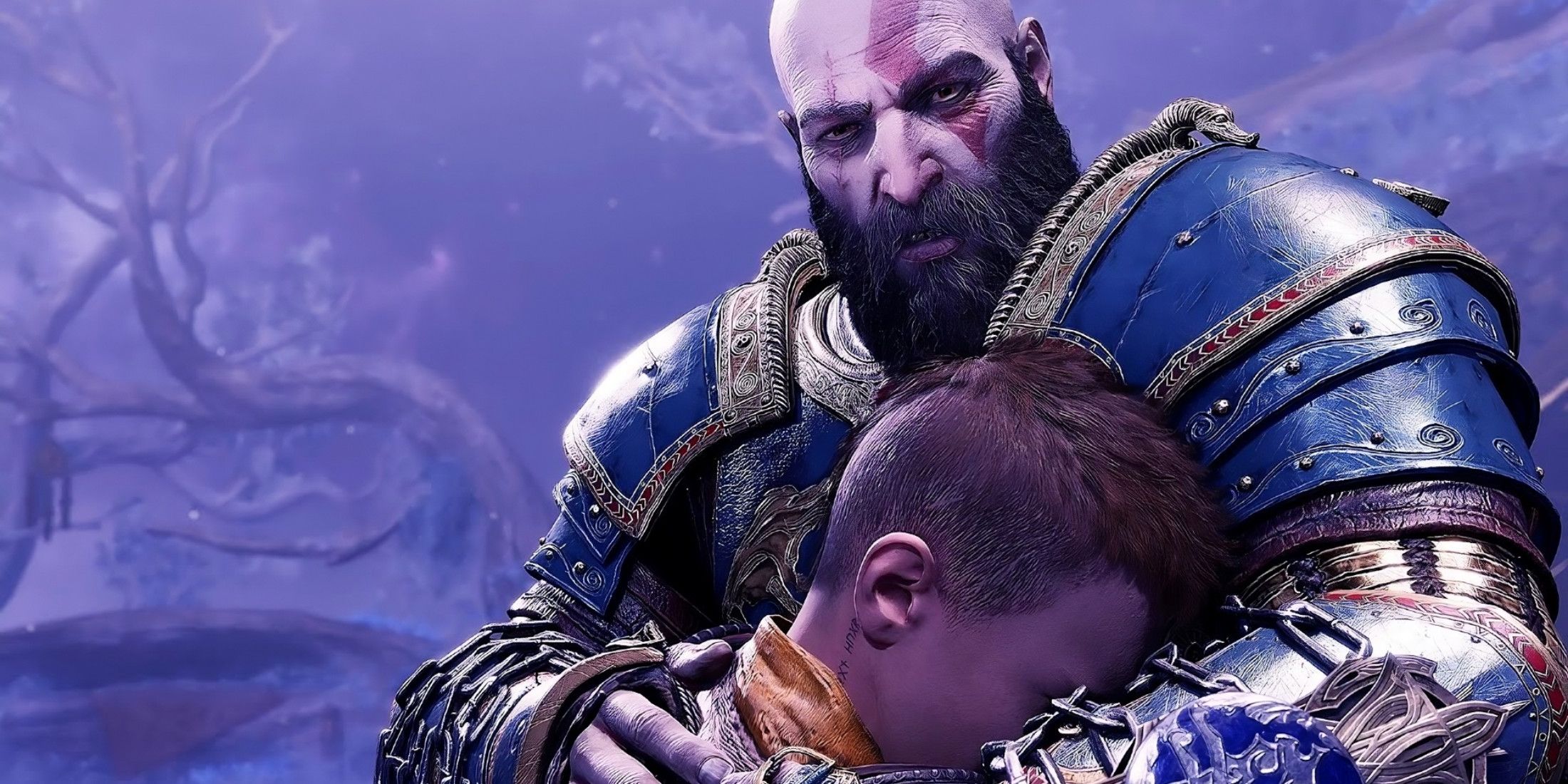
Related
God of War Ragnarok Has Forever Left Its Leading Men Between a Rock and a Hard Place
God of War seems to be setting up a two-pronged approach with its father-son protagonists, but things might be trickier than they first appear.
Why Future God of War Games Should Have Their Own ‘Valhalla’ DLC
God of War Ragnarok Is Vastly Improved Through Valhalla
The events of God of War (2018) and God of War Ragnarok leave a permanent, significant mark on Kratos. Once a man driven by bloodlust and vengeance, Kratos chose a simple life in the Norse realms with Laufey and Atreus, but he was still running from his problems. He attempted to cope with his guilt and grief in a manner that is sadly all too familiar to many: he buried it, pretending like it didn’t exist.
It’s only by being confronted with the reality of his past actions, and being given the choice of how to move his life forward, that he can begin to come to terms with himself and grow. These themes of change and acceptance are planted in the 2018 game, nurtured in Ragnarok, and fully bloom in the Valhalla DLC. Since most players had around a year to digest Kratos’ journey before Valhalla was released, the expansion’s focus on these narrative aspects is allowed to be even more impactful. In essence, Valhalla doesn’t introduce anything significantly new to the story. Rather, it sharpens the concepts laid out by the base game, thereby being more profound by virtue of being further removed from Ragnarok‘s main plot.
There’s also something to be said about the fact that Valhalla is all about Kratos. There’s some character development for Mimir, but the titular God of War isn’t sharing the spotlight with Atreus in the DLC.
How Future God of War Games Could Apply the Valhalla Principle
When thinking of ways that the God of War franchise can continue the excellence established by Valhalla, it would be far too simplistic to suggest that future games simply add a roguelike mode post-launch. Perhaps such a genre shift could work in certain instances, but the point of the Valhalla DLC is less about its gameplay shake-up and more about its narrative significance.
If the next God of War game focuses on, say, Atreus’ coming of age, perhaps a post-launch DLC could offer a valuable meditation on the very concepts of childhood and adulthood. Through some secondary journey, Atreus could gain additional insight into what it means to take responsibility, learn from one’s mistakes, and grow into a better version of oneself. Put another way, God of War can use Valhalla-like expansions to put a fine point on each game’s major themes, while allowing audiences to form their own opinions first by releasing long after the base game. Being free would be a nice touch as well.
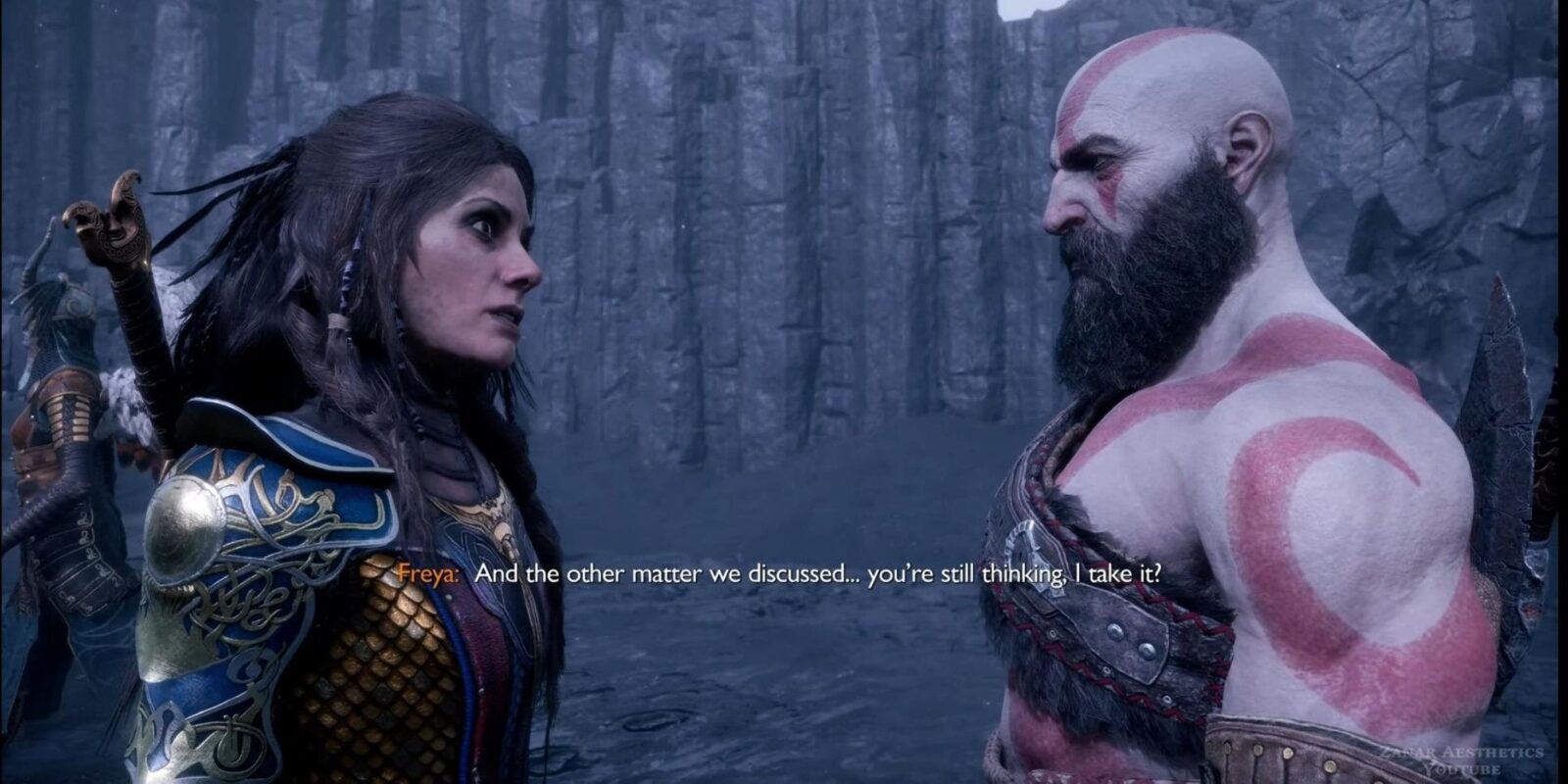

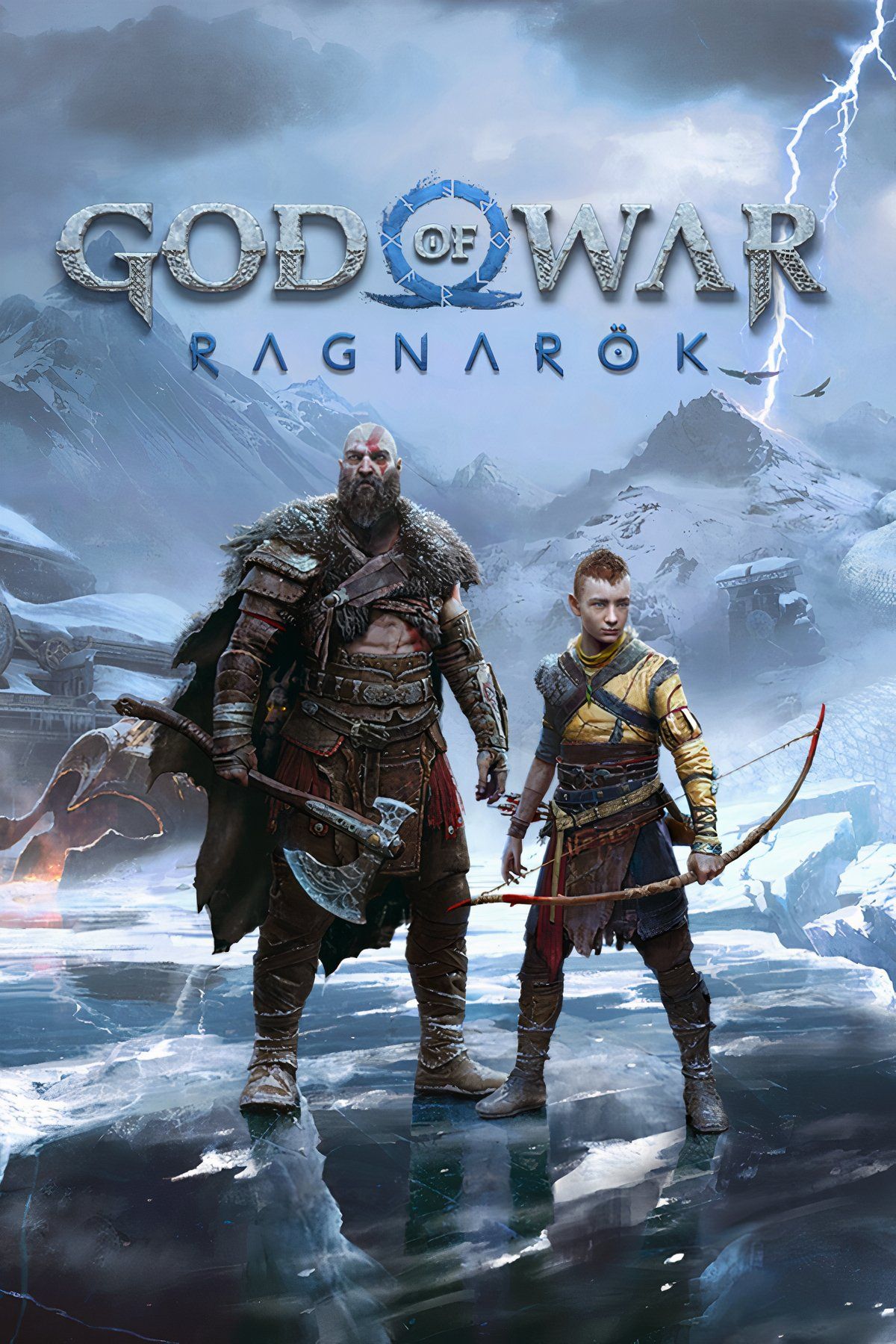


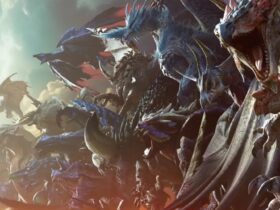


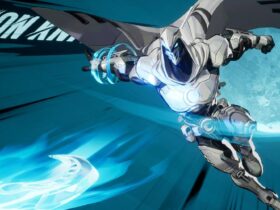
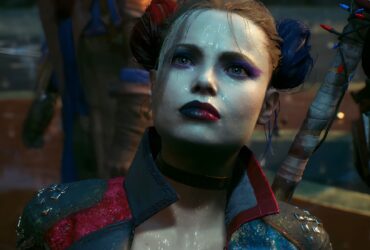
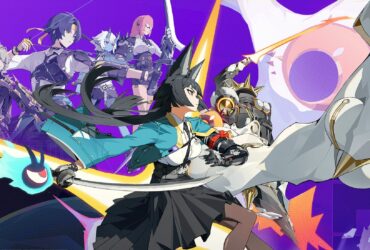


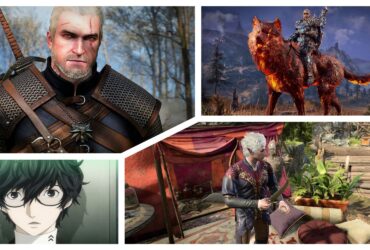

Leave a Reply